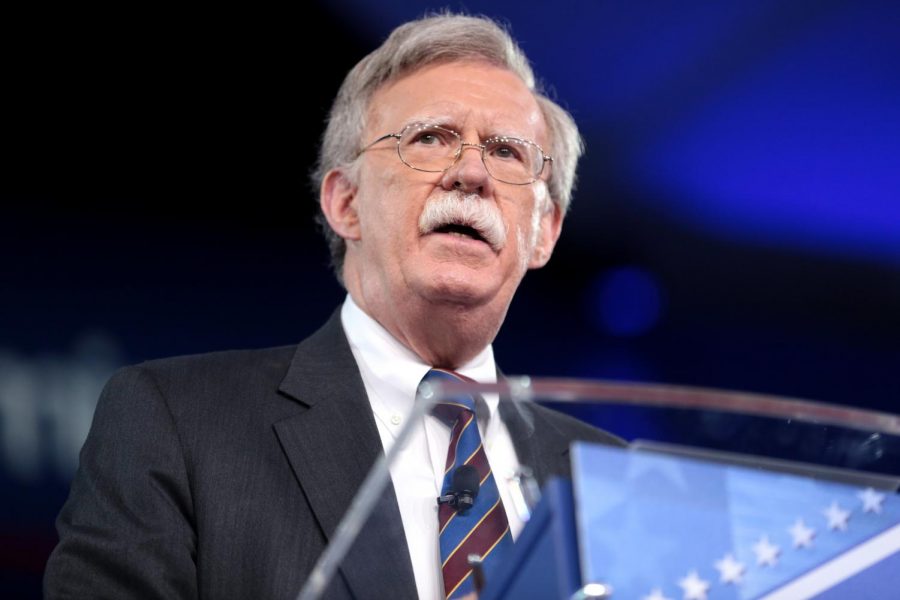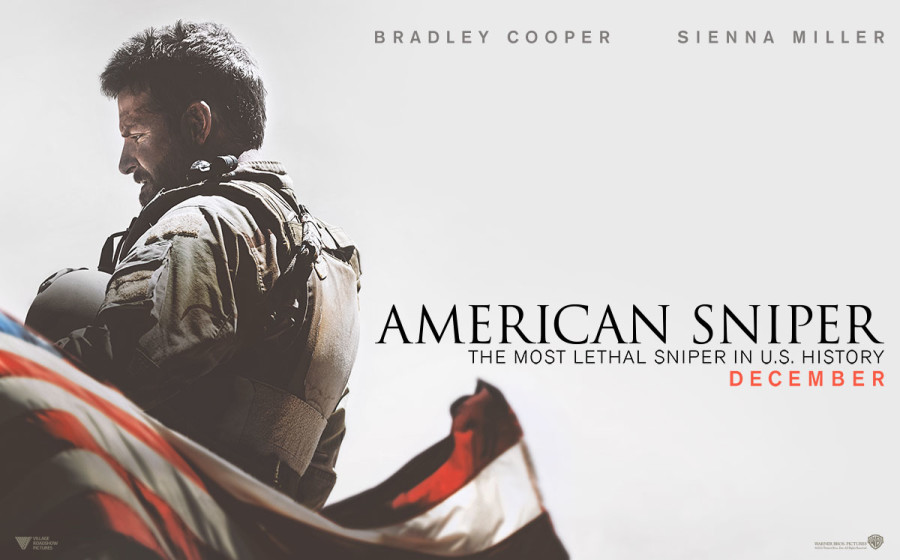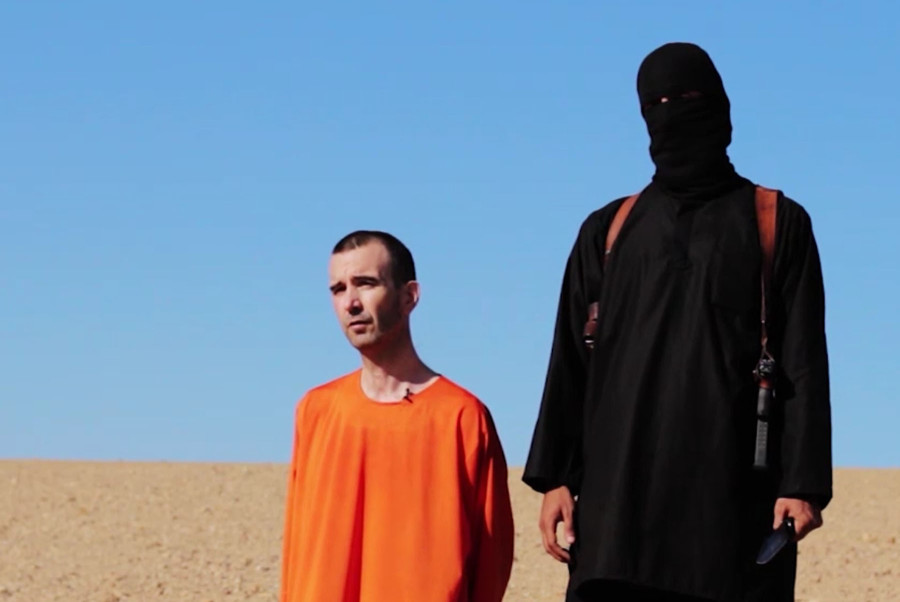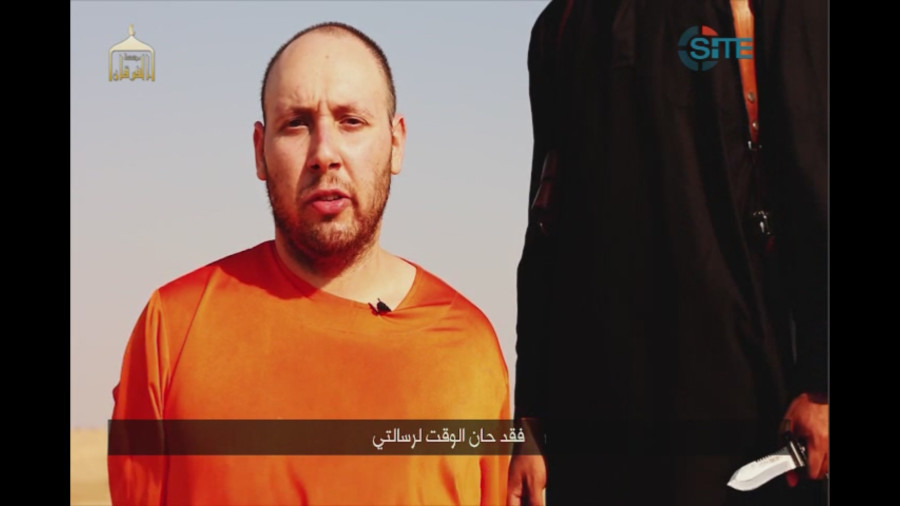
Justin Owen is 23 years old. Already he’s been to basic training, learned basic Arabic and served in Operation Iraqi Freedom. He has given more than a year of his life in service to his country. The surprise? He’s sitting next to you in your 9 a.m. philosophy class.
The need for men and women to join the armed services has increased with the escalation of the wars in Iraq and Afghanistan. At Marquette, several members of the student body have put their academic pursuits on hold to serve in the recent conflicts in the Middle East.
Owen, a senior in the College of Communication, returned from a yearlong duty tour in September 2008. He was stationed in a small town outside Fallujah, Iraq.
A native of Shorewood, Wis., Owen previously attended Norwich University in Vermont. He spent three years at Norwich studying journalism and participated in the ROTC program there. Owen followed the situation in the Middle East vigilantly. However, he decided there was only so much he could do from school.
“It just got to the point where I got sick and tired of seeing guys my own age getting killed every day,” Owen said. “I kind of got sick of waiting.”
Owen decided to enlist in the U.S. Marine Corps Reserve as a member of an infantry division after his sophomore year. This option allowed him to continue his education and have the opportunity to serve in Iraq, he said.
After his junior year at Norwich, Owen decided to move back home and attend Marquette. However, before he could start class he was called by the Marines and told he was being deployed to Iraq.
Pre-departure training
Owen spent the first part of his duty training at a military base in California. On the base, soldiers went through sessions that taught them how to operate in Iraq and with people of a foreign environment. Owen said the majority of his two months of training in California was devoted to assimilating to Arabic and the Middle Eastern culture. In the training sessions, troops were taught key phrases in Arabic so they could establish basic communication with natives without the assistance of interpreters. Once in Iraq, Owen’s 30-man Marine unit would only have access to two or three interpreters at a given time. Using rudimentary terms learned in training freed up time for interpreters to be used elsewhere in the platoon.
Josh Buege, a junior in the College of Arts & Sciences, served in the same group of Marines. While stationed in Husaybah, Iraq, Buege said his language training, although repetitive, was an indispensible resource.
“The language training is great and it helped out a lot,” Buege said. “A huge part of what we were doing over there was interacting with the locals, and if you’ve got that language barrier there it makes it so much more difficult working through interpreters if you don’t have any background at all.”
During training in California, Owen said his platoon was placed in a mock Iraqi village to help them understand what the culture is like. The villages are built with realistic Iraqi homes and mosques to look authentic. The military then pays Iraqi nationals living in the United States to occupy the villages as role-players.
“Before you’re in Iraq, you’re already immersed in the culture,” Owen said. “There really wasn’t much of a culture shock once we got there because for three months straight you’re living and breathing it.”
Missions on the ground
Once Owen reached Iraq, he said his platoon was met with great support from Iraqi police and civilians alike. The people in the town greeted the soldiers with supportive messages.
Owen and his fellow Marines had the primary mission of peacekeeping. His platoon provided security for the Iraqi police and various construction projects in the town of Habbaniyah. The platoon also worked on locating and clearing improvised explosive devices and finding terrorists known to be in the immediate area. This helped Iraqis get electricity, water and suitable living conditions. Some groups of Marines also helped train Iraqi police.
Although the Iraqi police and army learned a lot from the soldiers, Buege noted the teaching process could be trying at times. He helped teach an Iraqi weapons instruction course and said some members of the army were especially difficult to train.
“They would come in and they would have no idea what they were doing,” Buege said. “We were teaching them how to fire their rifles, and they would say God was guiding their bullets and they didn’t need to use their sights.”
While training standards for the Iraqi army were noticeably different from what U.S. soldiers were accustomed to, Marines also encountered a different type of poverty from what they had seen in the United States.
While in Iraq, Owen said the impoverished conditions that plagued the country were prevalent. He said the conditions in Iraq made him appreciate what he has in the United States and gave him a different perspective on things.
“You kind of open your eyes a little bit to how some Americans don’t have their priorities entirely straight,” Owen said. “You have a wider perspective when the only possession a kid has is a lunchbox you gave him.”
The road home
When Owen’s platoon left Iraq in summer 2008, they returned to Wisconsin without two men. Marines Dean D. Opicka and Richard Nelson – both Wisconsin natives – were killed in action when their Humvee hit a roadside bomb. The loss of the two men, Owen said, hit the platoon hard.
“It was rough. We all knew them. They were great guys,” Owen said. “They’re there one day and they’re gone the next. It hits you. It makes you not be complacent and keep your guard up.”
Owen said he had a relatively easy time adjusting because he resumed taking classes within weeks of returning. Getting back into school and taking classes days after returning to Wisconsin did not give Owen much time to dwell on his tour in Iraq.
However, he said it took him some time to get used to being surrounded by people in an urban environment like Milwaukee. Walking on campus surrounded by people is a lot different than the sparsely populated landscapes of rural Iraq, Owen said.
Benjamin Rosek, a senior in the College of Arts & Sciences, also served as a Marine in Iraq, from April 2006 to April 2007. Upon his return, he said he received great support from family and friends.
“I had a strong support system around me,” Rosek said. “Some days I’d want to spend with my family or friends to catch up on the last year. Other times, me and my buddies from the deployment would go out, get a couple drinks and just vent to each other. It was therapeutic in a way. Gave us each someone to talk to, but we didn’t have to spend each waking moment with one another reliving it all.”
Supporting the troops
While some veterans have a smooth transition into life back in the States, others aren’t as lucky. Seeing fellow friends and soldiers die in action can cause emotional scars that last a lifetime.
John Zemler, a visiting assistant professor of theology, is a former U.S. Army captain who specializes in treating post-traumatic stress disorder. Zemler researches the spiritual dimensions of PTSD — that is, how experiencing either a physically or psychologically traumatic event can damage one’s soul.
Zemler said he has encountered several college-aged veterans suffering from PTSD that served in the wars in Iraq and Afghanistan. Consequently, he has encountered several difficulties while trying to help these young people overcome their PTSD. Zemler said one of the largest hindrances to helping veterans overcome the disorder is when someone asks how a veteran is doing and then doesn’t give him or her the chance to answer completely. This is something Zemler refers to as “drive-by caring.”
“They pretend they care, but only want to be seen by others as showing off that they care,” Zemler said. “This happens a lot with ‘plastic patriots.’ They have a bumper sticker supporting the troops but do nothing real or substantial.”
The best thing society can do for veterans is truly support them during the war and after they return home, Zemler said. Veterans can come from unsuspecting places and they come from all walks of life. Many of them are the same age as the average college student. Many are men and women – like Owen, Buege and Rosek – who have put their education on hold to answer a call to service.
“When I look back at it, it was just a great experience,” Owen said. “I think it’s one of the defining aspects of our generation and I’m just glad I was able to take part in it.”




